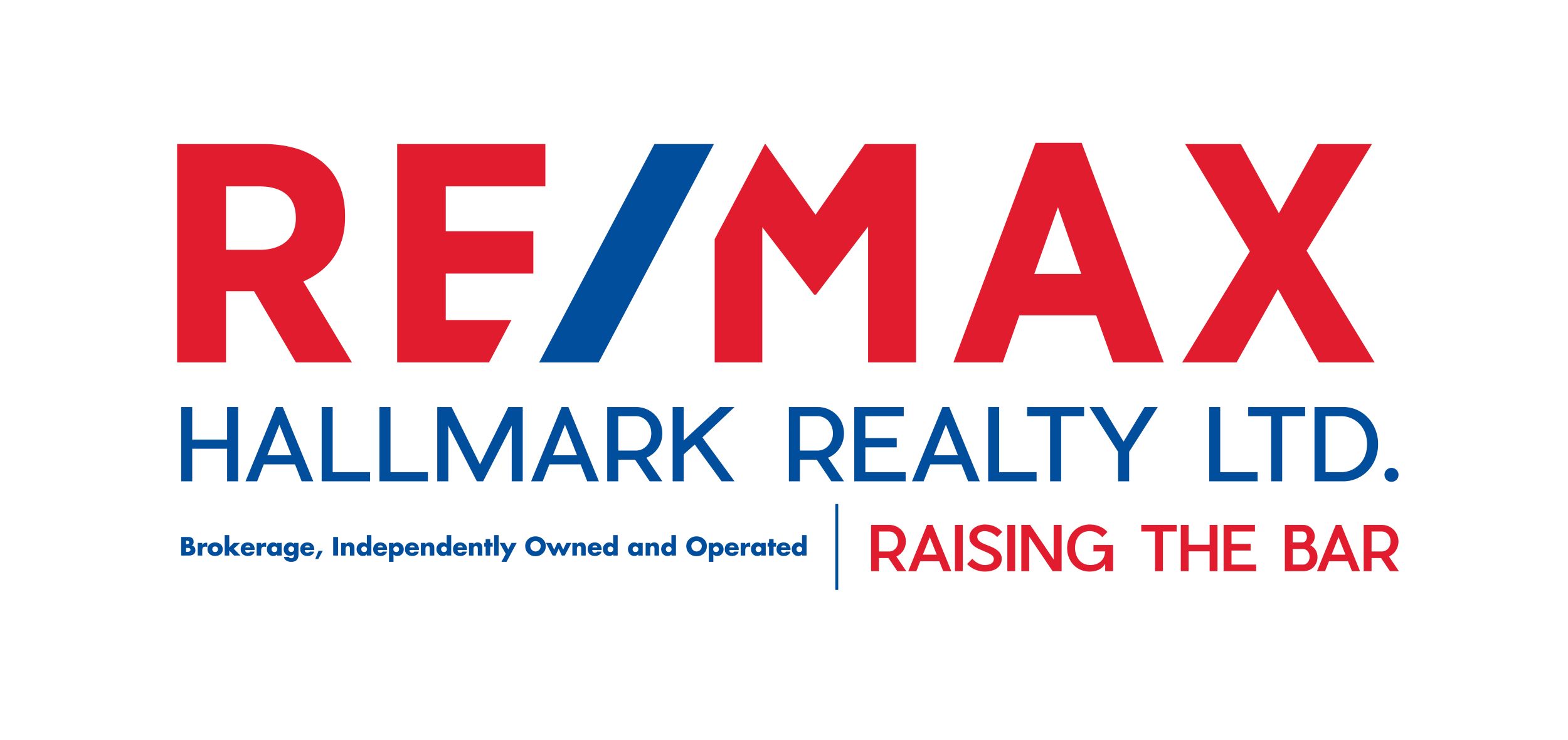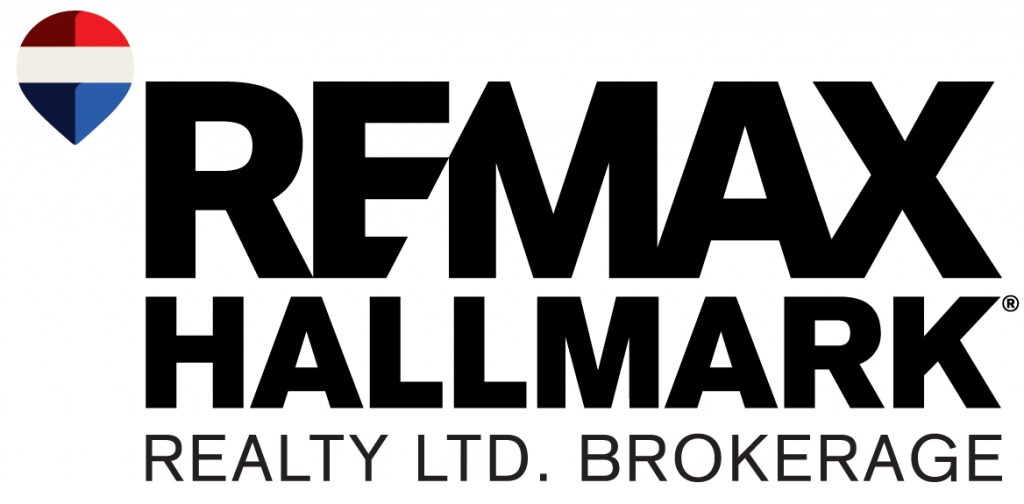It can be but you need to understand the details.
I’ve been asked many times as to whether or not a reverse mortgage is a good idea. While this type of question is best suited to a financial advisor or mortgage broker, I’ve had enough older clients who are toying with the idea, rather than selling their home to downsize, ask me about it that it was worth a post.
So, here’s my two cents on reverse mortgages.
What’s a reverse mortgage?
Just in case you’ve never seen the commercials on television, a reverse mortgage is a loan against the equity you’ve built up in your home. If you meet certain parameters, you can borrow against that equity, up to 55% of the value, without selling your home. The loan is due when you sell, or when the last person on the mortgage dies. So that means no payments! It also accrues interest, however, which will further erode your level of equity.
To qualify for a reverse mortgage, you have to be:
- 55 years of age or older;
- Own your home;
- The property is your primary residence.
A lender offering a reverse mortgage will look at a couple of things, like your age (and that of your spouse, if they are on title for the home), your home’s value (via an appraisal), its location, condition, and how much current equity you have in your home. For example, if you still have a mortgage on your home, you’ll have to pay it off with the reverse mortgage funds before the rest is released to you, either in a lump sum or in monthly payments, or a combination of both of these.
What are the advantages of a reverse mortgage?
With no loan payments to make, you can use the money to pay off other debts (like credit cards) or make repairs, without worrying about having to change your monthly budget. For some older people who own homes in quickly gentrifying neighbourhoods, the taxes alone can make it difficult for them to remain. With a reverse mortgage, these expenses can be offset easily.
Other pros?
- You still own your home and can live in it, so long as you continue to pay the property taxes and maintain the home. Even if your interest, on top of the loan, exceeds your equity, you cannot be forced to leave or sell.
- The funds you receive are not taxable.
- It’s easy to qualify as health and income are not factors; for a home equity line of credit, income is a factor.
- Old Age Security (OAS) and the Guaranteed Income Supplement (GIS) are not affected by your receiving these funds, as it is not counted as income.
What are the downsides of a reverse mortgage?
Reverse mortgages have higher interest rates than a standard mortgage, or home equity line of credit. As the interest is added to the loan total to be paid upon sale, or death of the last person on the mortgage, this could add up. There is also usually a fee to set up this kind of mortgage, and other costs that tend to be higher than a traditional mortgage. Your lender might also require that you get legal advice about obtaining the mortgage.
Other cons?
- There are currently only two lenders in Canada who offer reverse mortgages, so there is little competition to keep rates in check. The big banks don’t offer this product.
- The lender will specify a time by which the loan will need to be paid back, if you move out, sell, or die. Whomever is managing your estate in the latter case, for example, will have to pay the loan back within the time specified by the lender, whether or not the estate has settled yet.
- There is a penalty if you decide to sell up, or you die, within three years of taking out a reverse mortgage, which can further increase the overall costs.
- Using the equity in your home means that you will be leaving less to your children or family. If you want to leave them something tangible upon your death, you might not be able to, depending on the amount of interest you accrue through the reverse mortgage.
Bottom line: is a reverse mortgage a good idea?
For an older person who wants to remain in their home, this can be a good way to unlock the available equity to pay for expenses that they might not have planned for. There is a lot of emotional attachment built up into a home someone has lived in for decades and the higher cost of a reverse mortgage, compared to other options like selling and downsizing, might not weigh in.
Ultimately, it’s up to each homeowner to look at the pros and cons and decide whether or not a reverse mortgage would work for them, or whether other financial options, such as a home equity line of credit or selling the home and downsizing, might be better. If you do want to consider selling, give me a call and let’s talk about it!



